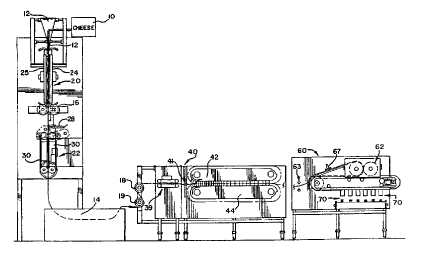
Back in 1986, Mr. Alton Hornback applied for a patent on a error slope sensor for a missile. The invention was found to be patentable but was withheld from issuance because of a secrecy order under 35 USC 181. The secrecy order was renewed annually until 1999, and the patent finally issued in June of 2000.
Hornback requested compensation for the delay in issuance, arguing that it was a taking. Because Hornback had argued the takings issue in a previous case, the CAFC found that his claim was now barred by res judicata.
Hornback argued that the present case raised new issues because the military had de-classified then reclassified the technology in the interim. The CAFC rejected that argument, however, finding that the classification action internal to the military did not alter his rights — “because only the Commissioner of Patents may rescind a secrecy order.”
In addition, the Appellate Panel agreed that the Court of Federal Claims “does not have subject matter jurisdiction of an adverse ruling of the PTO director.”
28 U.S.C. §1361 vests “original jurisdiction” for the issuance of mandamus orders in the district courts, authorizing the district court to hear any action “to compel an officer or employee of the United States or any agency thereof to perform a duty owed to the plaintiff.”
Dismissal affirmed.
Aside: In 1996, Hornback made another precedent when the CFC held that a pro se patent applicant without legal training is not held to the same standard as trained counsel.
Link:
